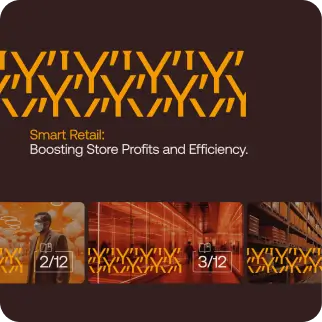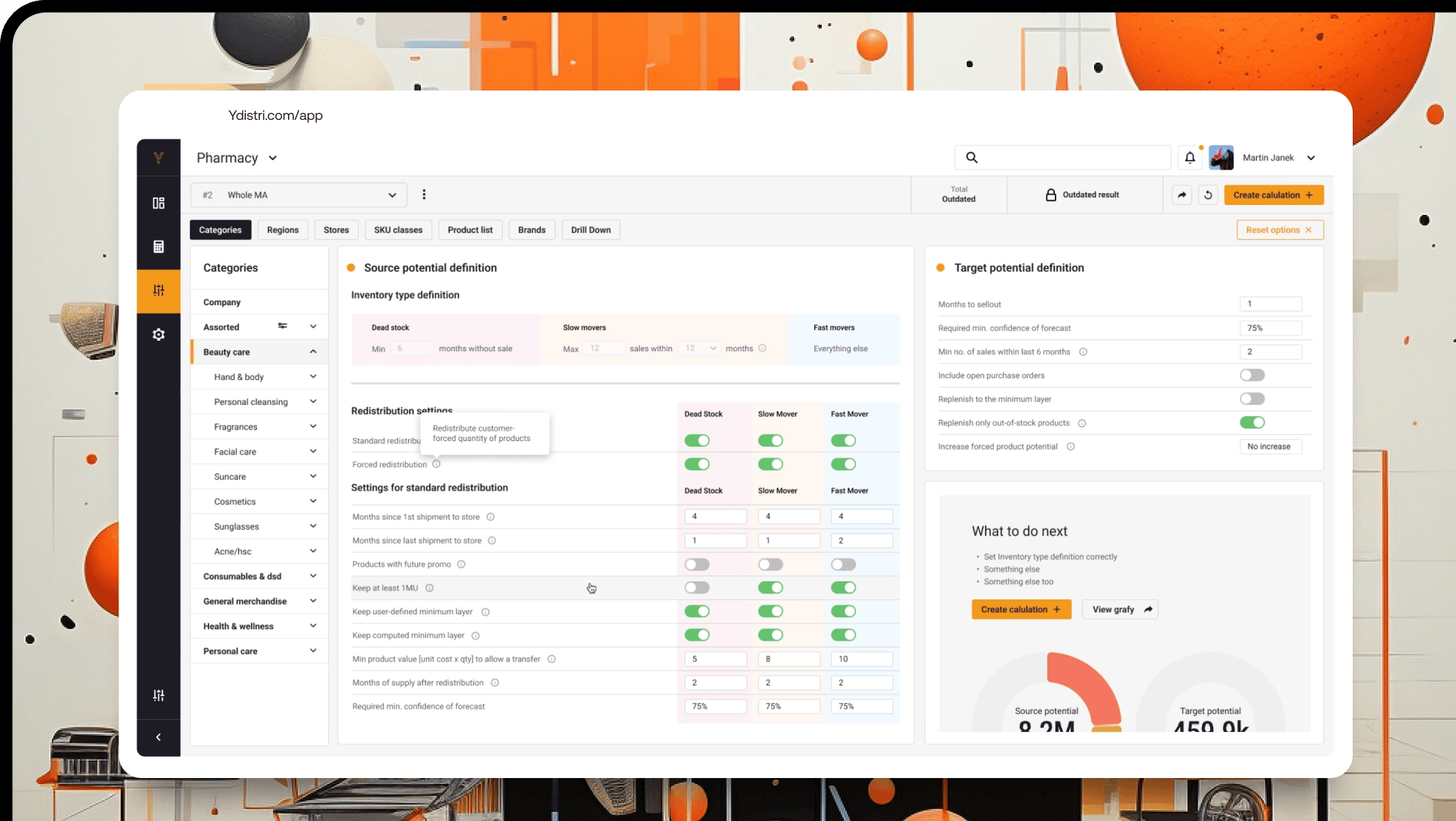Decoding Core Technologies
Modern retail logistics are powered by a synergy of advanced technologies that work together to create a seamless operational environment. Key among these are RFID (Radio Frequency Identification) and IoT (Internet of Things), which play crucial roles in tracking inventory and monitoring supply chain dynamics in real-time.
- Technological Synergies: The combination of RFID and IoT creates a robust ecosystem that enhances visibility across the supply chain. For instance, RFID tags allow retailers to track products throughout their journey, while IoT devices collect and transmit data on environmental conditions, product location, and movement. Together, these technologies provide a comprehensive view of inventory, enabling faster and more accurate decision-making.
- Real-World Applications: Consider a scenario where a retail chain uses RFID to monitor stock levels across multiple stores. If a particular item is overstocked in one location but in high demand in another, IoT sensors can trigger an automatic transfer, optimizing inventory levels without manual intervention. This real-time responsiveness not only reduces waste but also ensures that products are available where they are needed most, thereby enhancing customer satisfaction.



